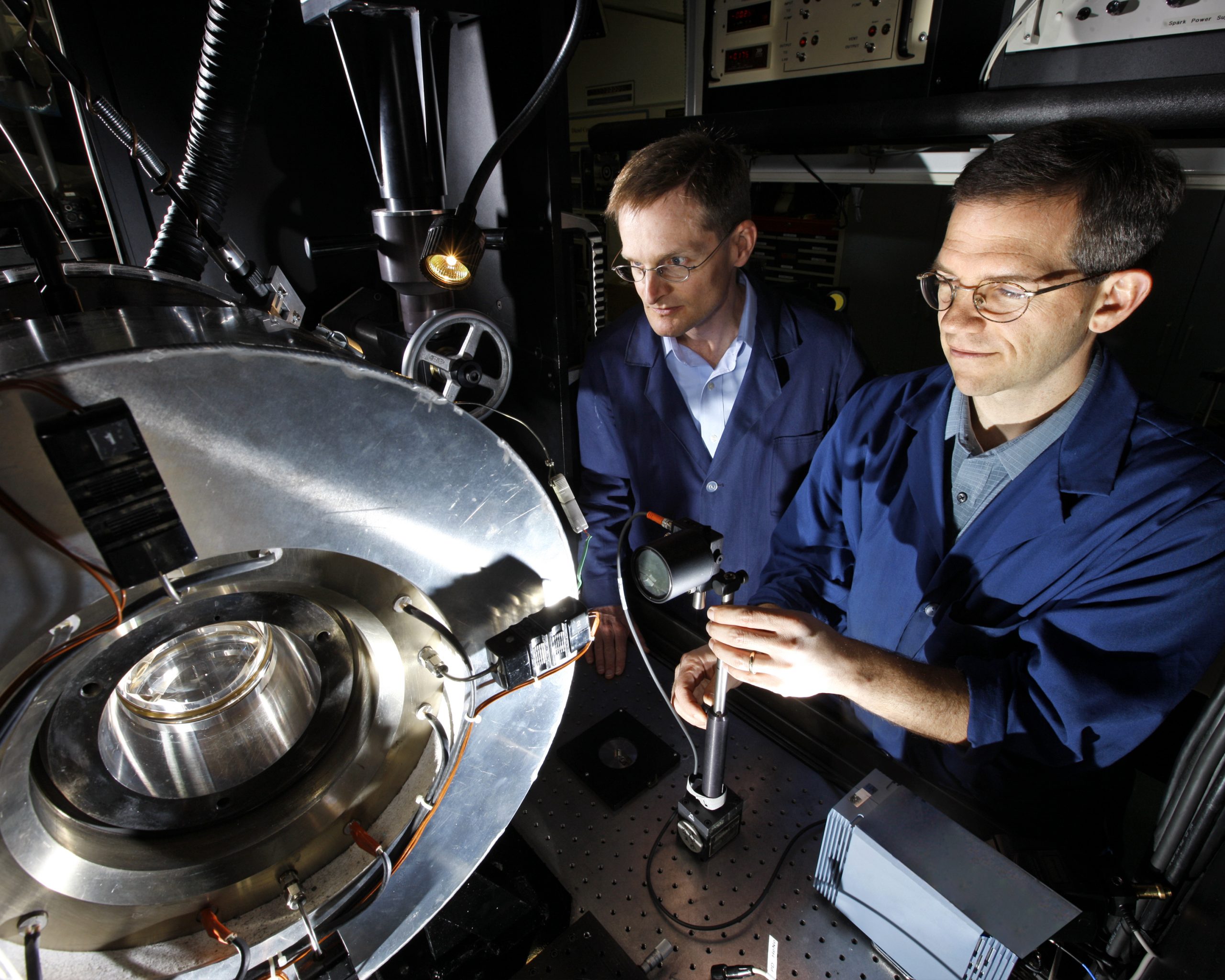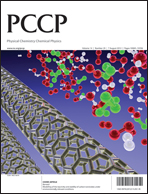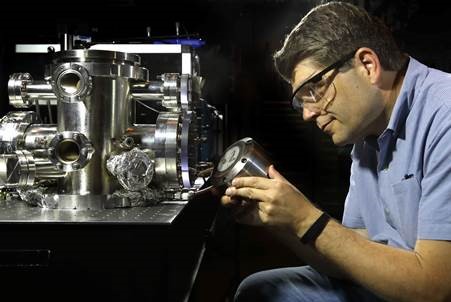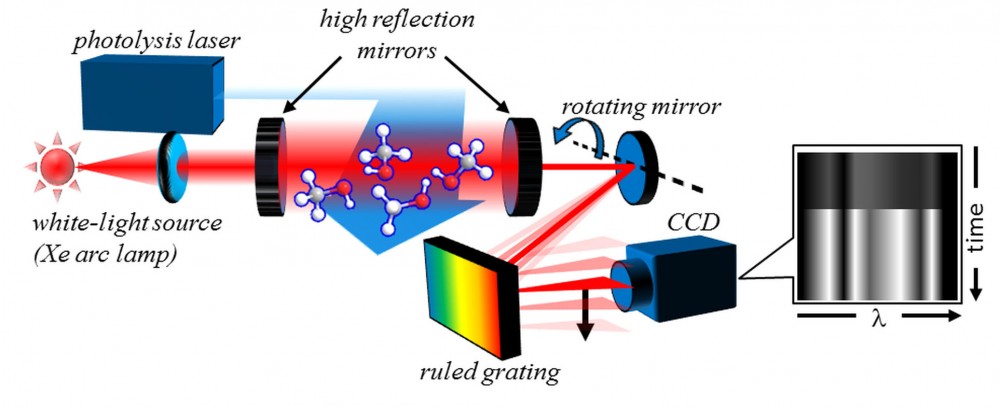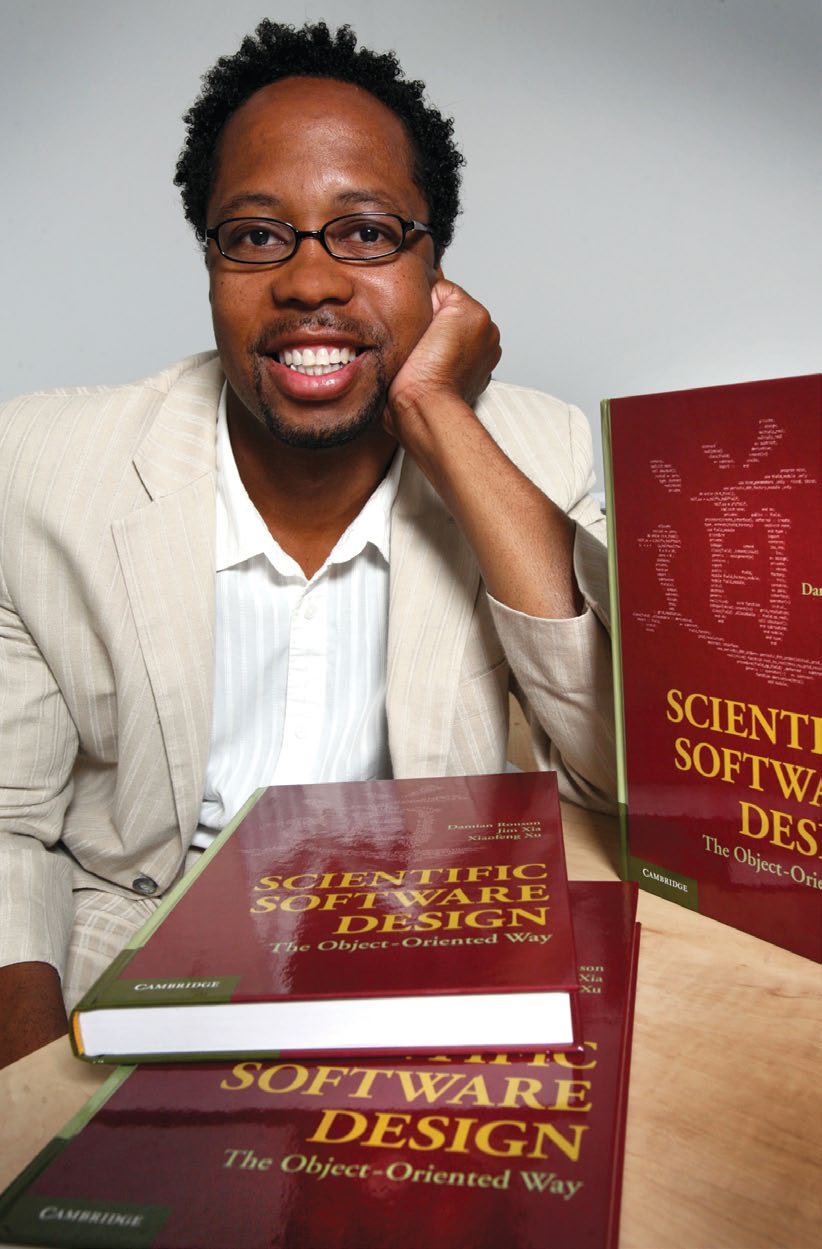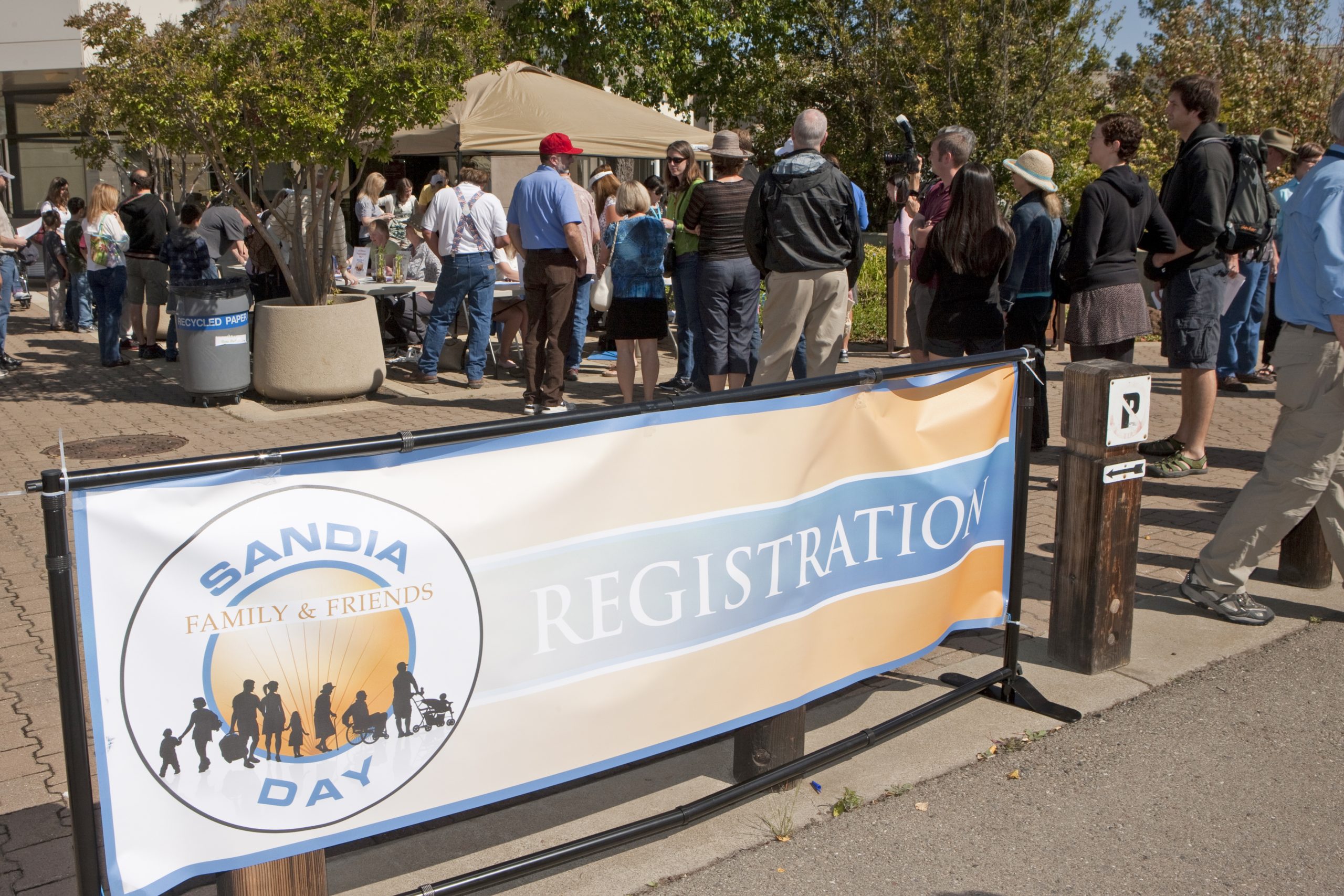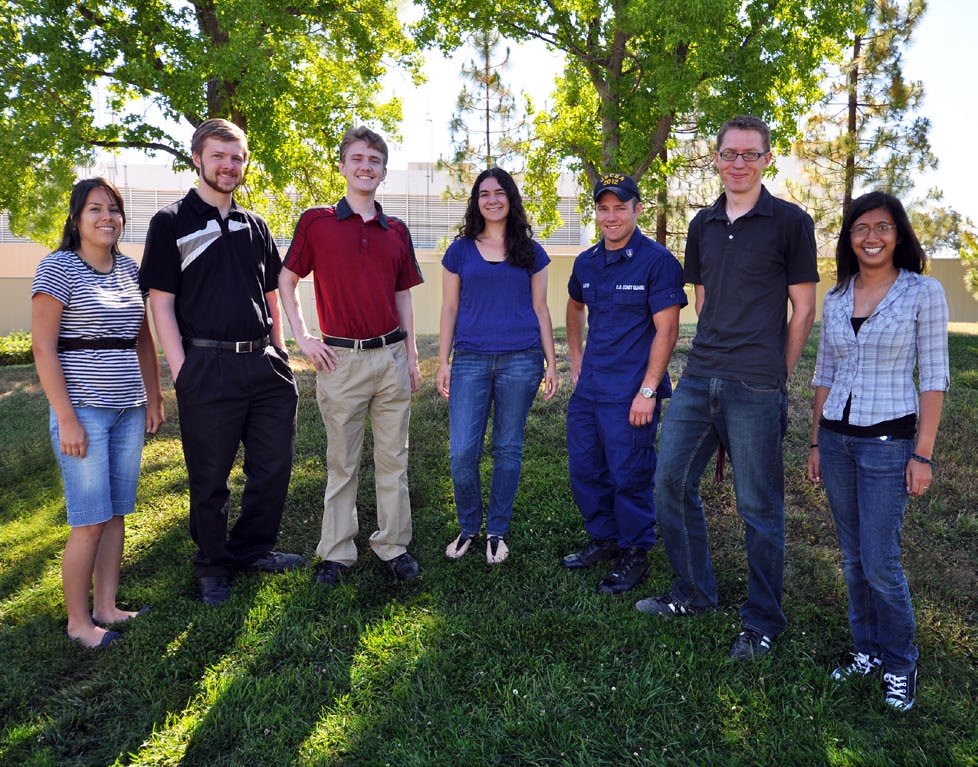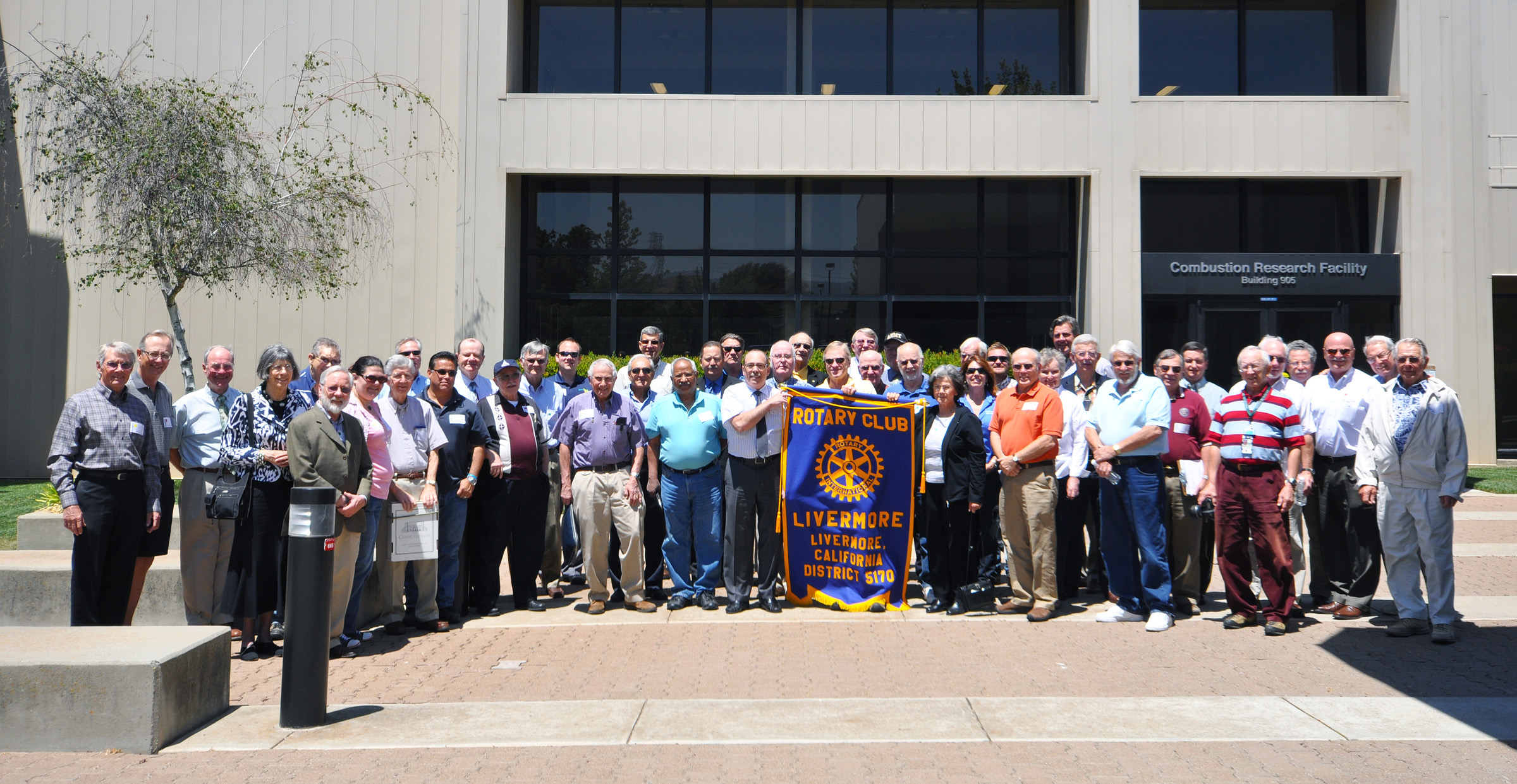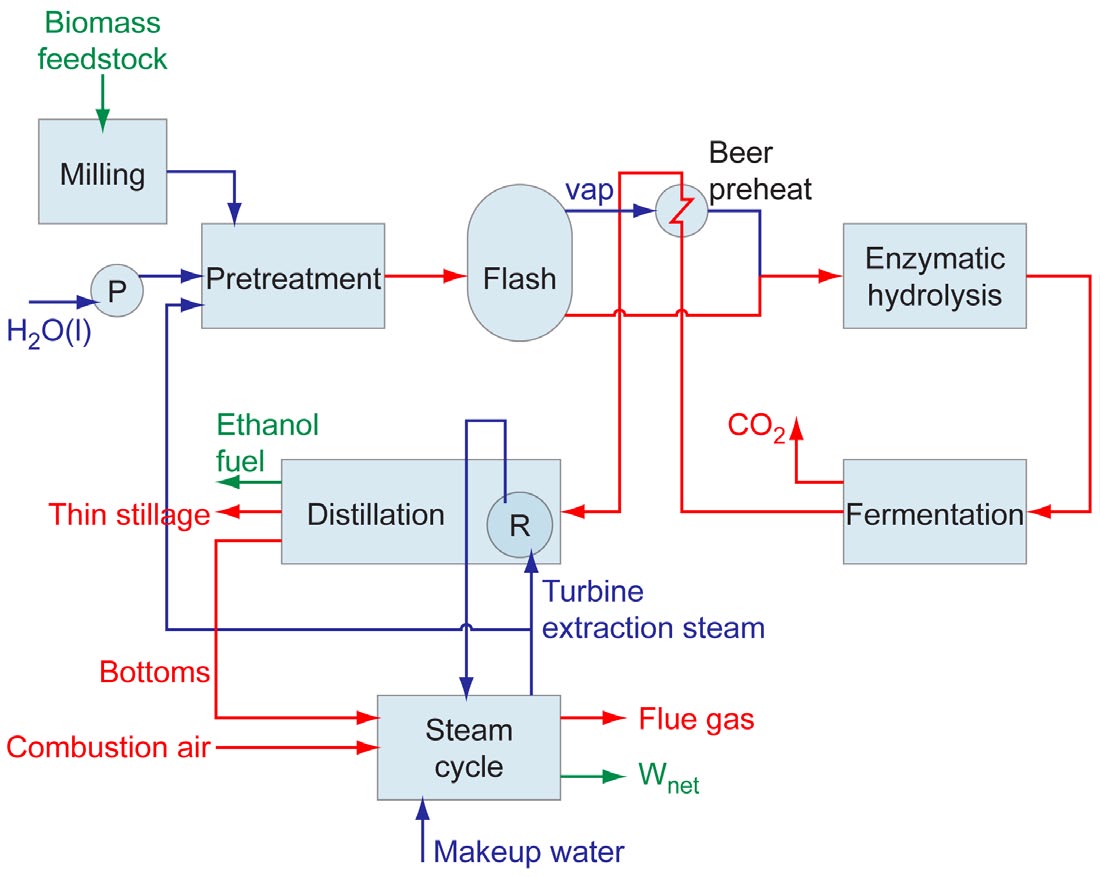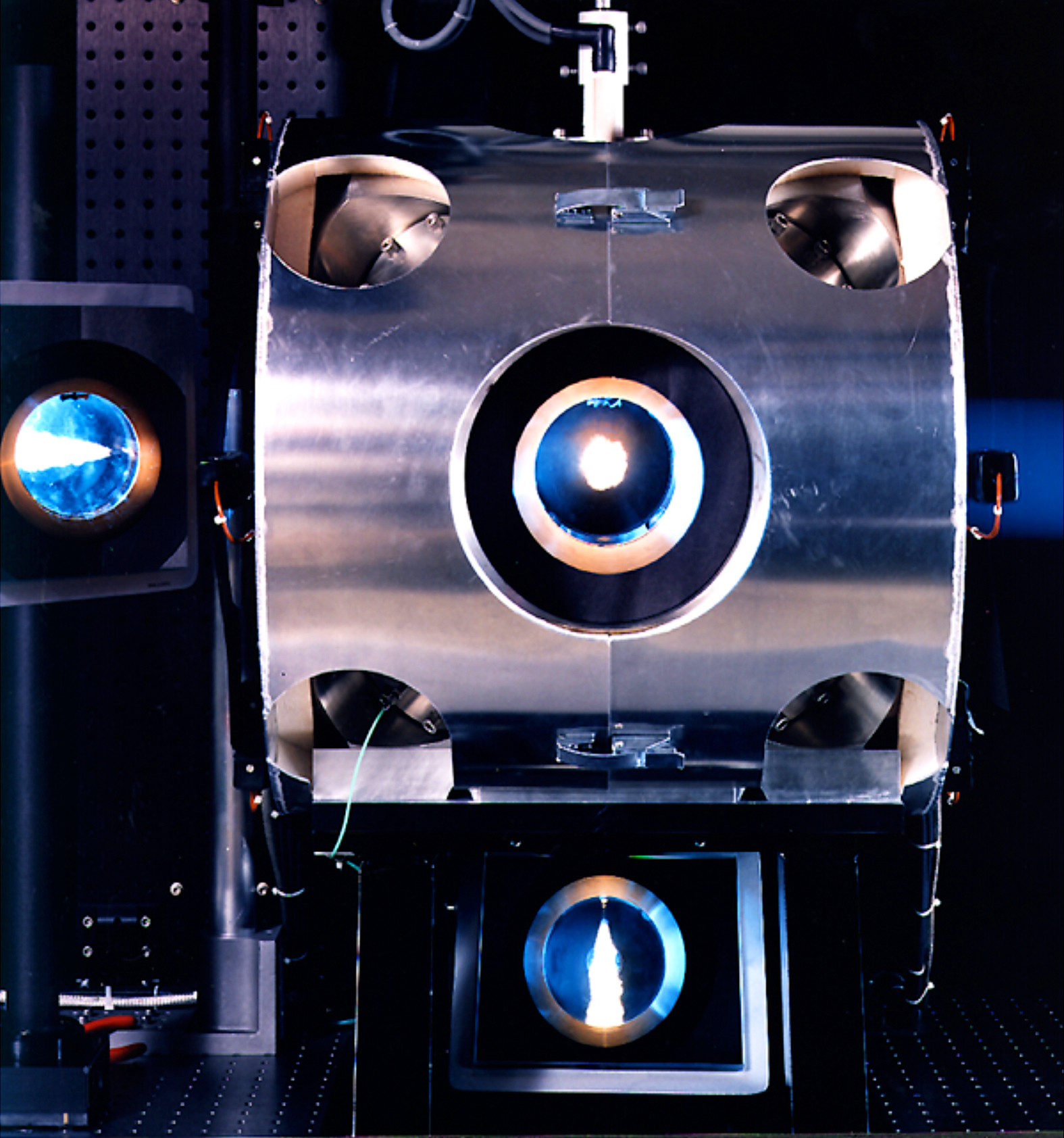Post, July 31, 2012 • When Aristotle said that the whole is greater than the sum of its parts, he probably wasn’t thinking of engines and biofuels. But his famous quote applies perfectly to the synergy between Leaner Lifted-Flame Combustion (LLFC) and oxygenated biofuels. Each technology has its own limitations, but combining the two may...
